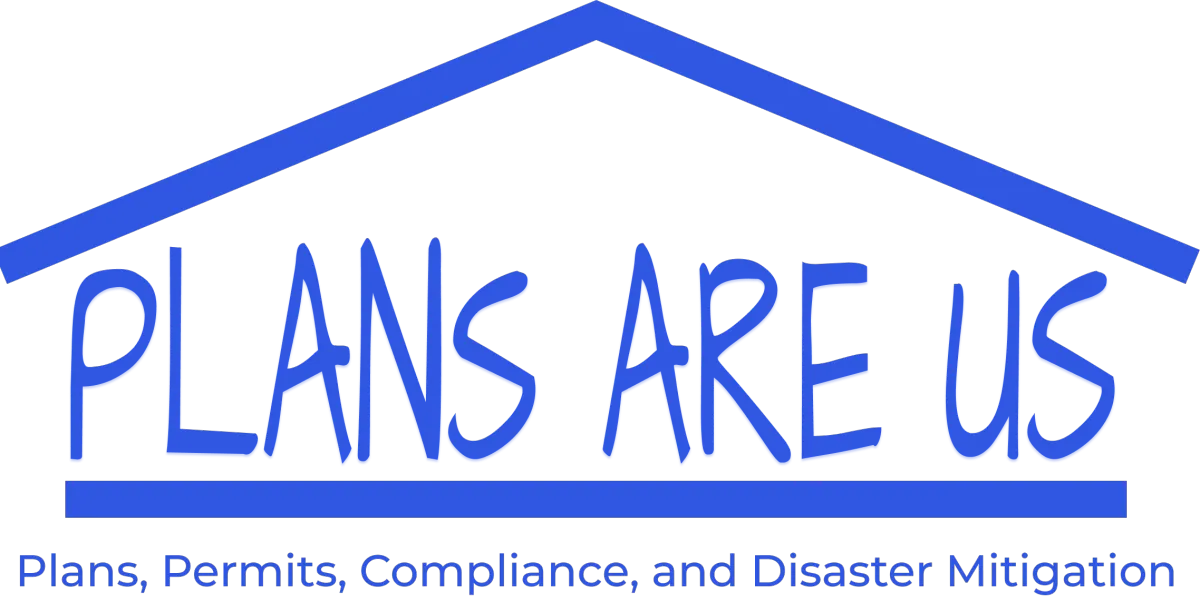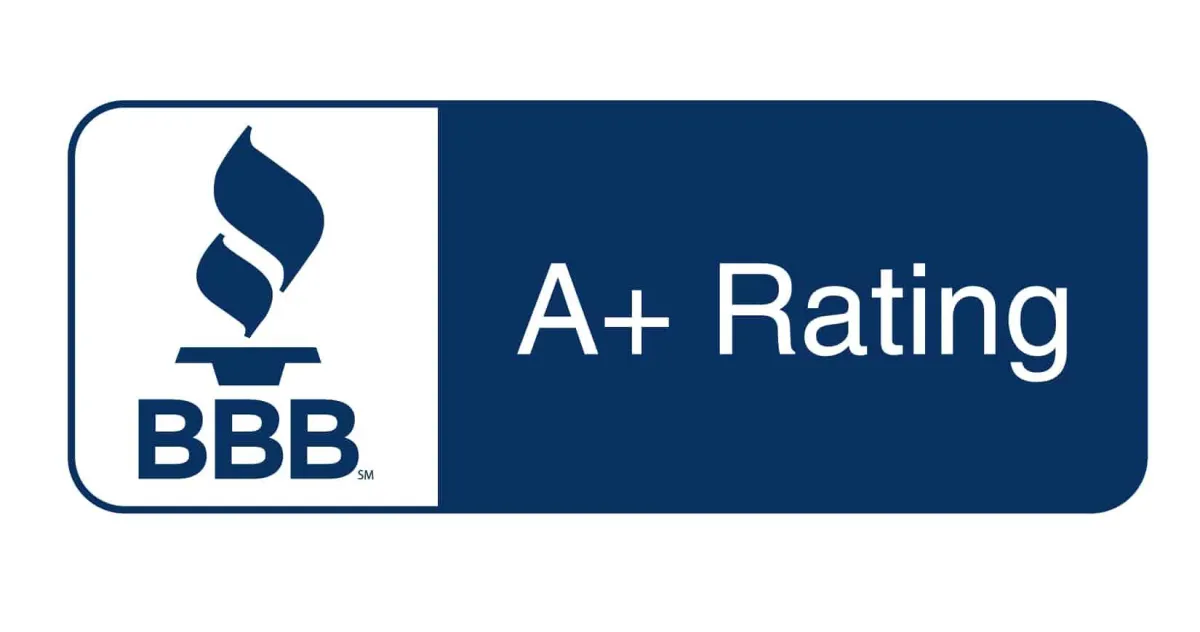
Order to Comply
Order to Comply
I received a letter that say Order to Comply. What does that mean?
Receiving an "Order to Comply" indicates that your Los Angeles home has been identified as violating municipal building codes. This order will outline specific issues that need rectification to meet local standards, from structural changes to unpermitted additions.
Understanding and responding to an Order to Comply can be daunting. It specifies which aspects of your property require adjustments or permits; addressing these promptly is critical. You have a 30-day window from the noted compliance date to rectify the violations. There are no appeals. Yours is the burden of proof. Avoid fines or file an appeal if you believe the order is unwarranted.
Navigating this process alone can be overwhelming, especially with the responsibility falling on the current homeowner, regardless of who initially made the alterations.
Our expertise at "Illegal Additions Made Legal" is crucial in these situations. We specialize in assessing your Order to Comply, advising on the necessary permits and corrections, and liaising with city inspectors to ensure your property meets all legal requirements. We handle all communications and paperwork, schedule necessary re-inspections, and support you every step of the way to ensure compliance without stress.
What are the consequences of not addressing an order to comply?
Monetary Penalties and Fines - The court can impose escalating monetary fines and penalties for each day the order is not complied with after the specified deadline. These fines can quickly accumulate into substantial amounts.
Contempt of Court Charges - Failure to comply with a court order can result in being held in contempt of court. This is considered a severe offense.
Jail Time - The judge can impose jail time as a penalty and fines for contempt of court.
Forced Compliance - The court can obtain an order to forcibly ensure compliance, such as authorizing law enforcement to seize property, withhold delivery of goods, or take other coercive actions until the order is obeyed.
Attorney's Fees - The party who had to initiate contempt proceedings may be awarded attorney's fees and legal costs from the non-compliant party.
Importation Prohibitions - For orders related to customs summons, the Commissioner of Customs can prohibit the non-compliant party from importing merchandise or withhold delivery of their imported goods.
Taking court orders seriously and addressing them promptly is crucial to avoid these severe consequences. Ignoring an order to comply can lead to escalating penalties, legal troubles, and potentially costly remediation efforts imposed by the court.
How do I resolve my order to comply?
Contact the Inspector - Immediately contact the inspector listed on the notice. Their contact information should be provided. Understanding the violations cited and the required corrective actions is crucial.
Understand the Violations - Read the notice carefully to identify the code violations on your property that must be addressed. Common violations include unpermitted construction work, zoning issues, or safety hazards.
Request an Extension if Needed - If you need more time to correct the violations, you can submit a written request for a time extension to the inspector, explaining your need for more time. Extensions are typically granted in 30-day increments if you demonstrate progress.
Obtain Necessary Permits - Determine if permits are required to correct the violations. Contact your local Building and Safety District Office to understand your specific situation's permit requirements and process.
Take Corrective Action - Take the necessary steps to correct the violations within the timeframe provided in the notice. This may involve obtaining permits, making repairs, or removing unpermitted work.
Pay Fees if Applicable - If fees or penalties are assessed due to the violations, pay them by the deadline specified in the notice to avoid further enforcement actions.
Failure to address the violations can lead to additional fines, legal action, or criminal prosecution. Acting promptly and working cooperatively with the Code Enforcement authorities to resolve the issues is crucial.


